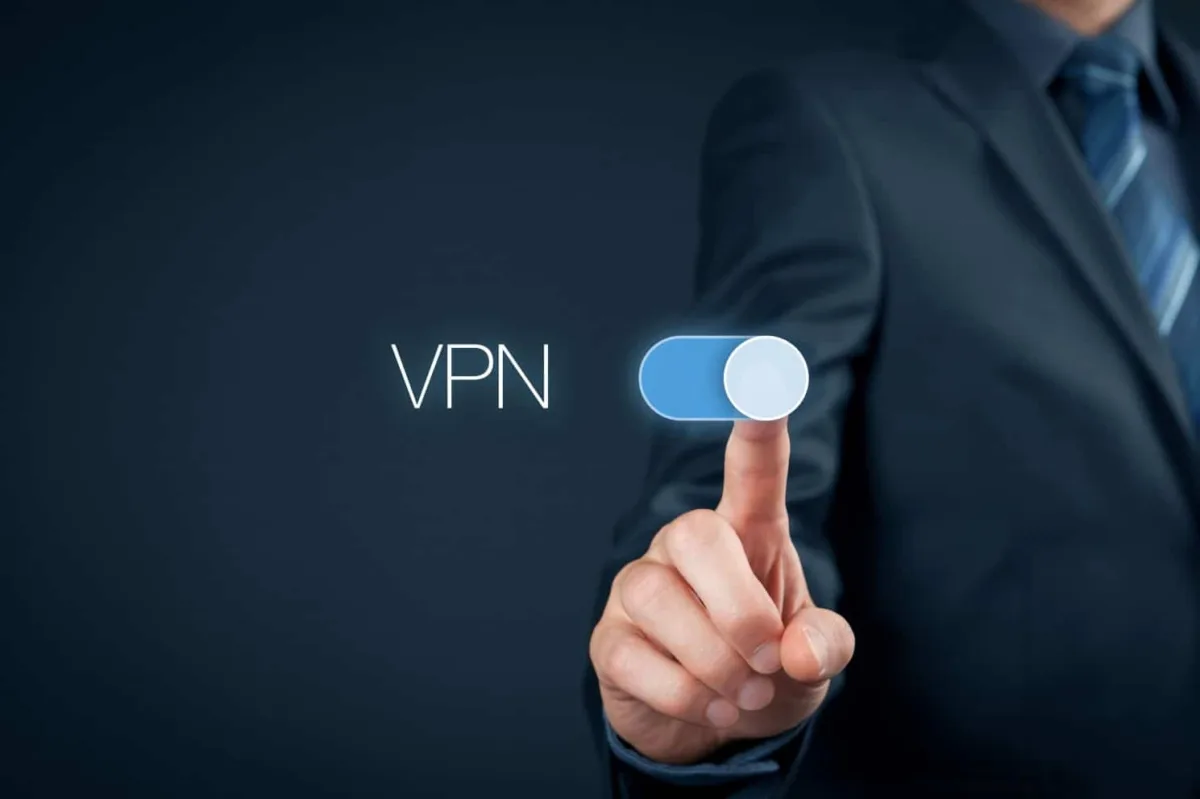The internet is part of the daily lives of many people globally. You use the internet to access the news, find products and services, and connect to other people. With that, you leave a digital footprint in all the sites and pages you visit. This digital footprint contains data that can be used by other entities like businesses for their target marketing campaigns.
Aside from businesses, there’s also the rise of cybercriminals trying to get important data from people for fraudulent transactions. Hackers can access confidential information like your name, location, credit card number, and account passwords. They can also steal your identity to scam other people online.
If you want to keep your data safe and your connection while surfing the internet securely, you need to consider using a VPN. Read more to know more about how a VPN works and how to choose the right one for you.
Understanding Digital Footprint
Before you can understand how VPN works, you need to learn more about digital footprints. Digital shadow or digital footprint refers to one’s collection of online activities, personal information, communications, and online activities manifested on a computer or digital device, including mobile phones and personal digital assistants.
More businesses are now taking advantage of digital footprint technology by tracking their customers’ browsing and search habits, purchase patterns, and travel preferences.
This type of tracking is considered ethical, given that it allows companies to identify who the customers are and what they’re buying online. It’s also helpful because it enables companies to tailor their advertisements to each specific customer’s needs.
Additionally, footprint information is useful for advertisers, marketers, and researchers. Certain demographics can provide insight into an individual’s online behavior, such as geographical location, time zone, sex, race, and age.
These data can be used to increase brand awareness, generate leads, and develop new advertising campaigns.
Read More: Top Free Unlimited VPN For PC (No Registration Required)
What Is A VPN?
A Virtual Private Network (VPN) is a security form that allows users to connect to a protected network and privately access the internet. A VPN is sometimes referred to as a Virtual Private LAN, VPN server, or a Virtual Private Area Network (VPN-SA). A VPN allows you to access a private portion of the internet from another part of your home or office.
This technology was first discovered by the US military and used in different networks for different purposes. Today the technology can be found almost everywhere and can be used for personal, private, and business purposes.
Using a VPN, users can access any network anytime and anywhere in the world, and the access can be made from any internet-enabled devices like laptops, desktops, or any other devices with internet connection capabilities.
Where Do People Use VPN
Virtual Private Networks are often set up by large corporations to create a secure internal network, but individuals can also be set up for personal use. This type of service allows a user to surf the internet privately without divulging their real IP address, and they can also use it to access the World Wide Web from a different location.
In connection to this, many people use a VPN to access websites that are only open to IP addresses from their host country. For example, if you’re living outside of the US and want to access a US-only website, you can get into the site’s server with a VPN because the server won’t be able to detect your IP address.
For business use, this technology can be applied in many different ways, such as security, authentication, monitoring, and prevention of data leakage. Aside from its security and monitoring features, this VPN service also serves other purposes, such as the identification and location of users and devices, application security, application isolation, quality of service, and even configuration management.
Businesses also use a VPN to give their remote employees access to internal applications and data. A VPN software is also used to create a single network that’s shared between multiple office locations. The ultimate goal of a business VPN is to prevent web traffic that contains propriety data from being exposed.
How Does A VPN Work?
Here’s everything you need to know about how VPNs work:
1. Data Encryption
Understanding data encryption is critical in understanding how VPN works. In cryptography, encryption refers to the process of encrypting data using a secret key. This key transforms the original representation of the data into an unreadable form called ciphertext. In theory, only authorized entities can decrypt a ciphertext back into plaintext.
On the other hand, if the key used is weak, an unauthorized party can decrypt the data. Thus, encryption security relies on the quality of the key and the strength of the encryption algorithm.
The benefits of data encryption are many. Data encryption is necessary to safeguard data from outside sources such as spyware, hackers, and malware. It protects information from being compromised by an unauthorized party. It helps ensure the confidentiality of confidential information at all times.
For example, an internet service provider has data on the websites and emails of its subscribers. They may provide it to advertisers, but they do not know that the encryption has been applied and that the subscriber’s private information is at risk. Through data encryption, the subscriber’s information is protected.
Encryption is used for security purposes in a wide variety of applications. It protects financial data such as credit card numbers, bank account numbers, debit card numbers, and bank account statements.
It is also used for protecting intellectual property from theft. Encryption is important to protect the privacy of the owner of data from those who do not have their permission or a legal right to see the data.
VPN software uses automated data encryption. Automated encryption is done by a computer-based application that automatically generates a pair of keys to encrypt and decrypt the messages.
Automated encryption takes advantage of pre-existing algorithms built into most computer systems, making it very easy for any experienced user to operate.
2. The VPN Software Process
An IP address is a series of numbers assigned to an individual. This address is used to identify websites and networks. Your internet browser connects with the internet through this IP, allowing you to browse sites. The internet server performing the encrypting process, called the gateway, will be on the same network as your internet connection.
A VPN works similarly to a router that allows you to use an IP address instead of a computer. With a VPN, you create a private tunnel to connect to your private network and then use your IP address to connect online.
Once the private tunnel is established, your internet traffic is routed through the private tunnel and then to the webserver or website. Your web browser connects to the server by first requesting the name of the IP, followed by the IP address and port number, and then you’re redirected to the website of the website you requested.
VPN data encryption is very important for protecting your personal and financial information. An encryption system will prevent any unauthorized person from seeing your sensitive information. There are different VPN services, and you can read more about some possible options if you check here. However, they all have the same basic data encryption process:
- Upon connection to the VPN, your data gets routed through the private tunnel, where it gets encoded. Essentially, this means that the data turns into an indecipherable code as it travels in and out of the secured pathway.
- Your device will now be seen as located on the same local network as your VPN server. Your real IP address will be hidden, and your new IP address will be one of your VPN servers.
- With a secure connection, you can access different sites that are geo-restricted, and your data can’t be read or stolen by people outside of the secure tunnel.
As long as your VPN is used properly, you won’t have to worry about being tracked or traced by anyone else.
Final Thoughts
There are a lot of benefits to using a VPN. Using one will allow you to take your system into a protective zone so you can use a website, without having to worry about the potential dangers, even when you use a public internet connection. This also allows you to access the internet from any place you wish with your regular wireless connection without dealing with internet-related problems that often happen with wireless connections. In addition to this, there’s no need to deal with viruses or malware, and you’re sure your system will keep running at full efficiency.
If you’re going to use a VPN for multiple devices, you need to look for a service or software that will cater to your needs. When looking for a good VPN service, you should first look into its features and service packages and choose one that best suits your requirements. Some of the most important aspects to consider when choosing a service are its customer and technical support, as well as its availability, speed, and quality of its service.
Also, make sure that the service provider you select can provide you with updates or patches to make your VPN service more efficient. After all, if the VPN service provider goes down for a few minutes, you can’t access your networks, and you won’t be able to access the data you need to secure your networks.




